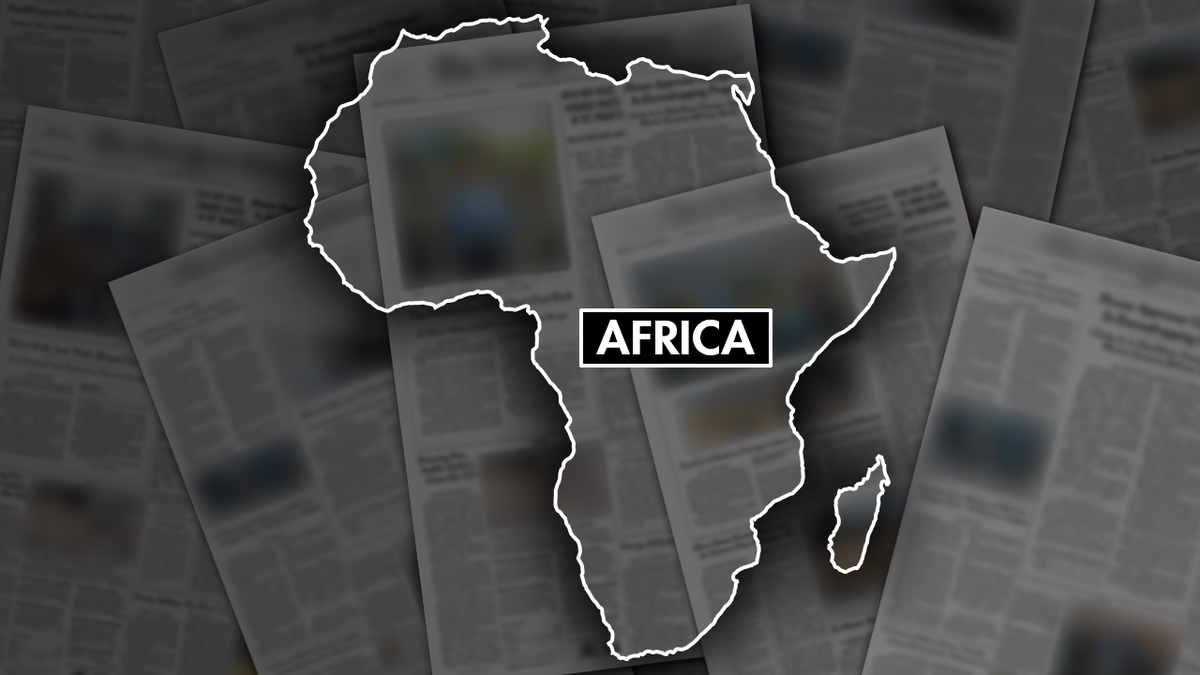Fox News Flash top headlines for April 26
Fox News Flash top headlines are here. Check out what's clicking on Foxnews.com.
At least 60 bodies were discovered in several villages in eastern Congo's North Kivu province, authorities said Wednesday.
Residents from Kashali and Kazaroho villages in Rutshuru territory were killed over several days by rebels from the M23 group, said Isaac Kibira, a deputy to the governor of the Bwito area.
"We are sorry to see how the population is being massacred by M23 ... more than 60 bodies (were found) tied up with mosquito nets. Others were tied with bags," Kibira told local media.
The M23 rebel group, largely made up of Congolese ethnic Tutsis, rose to prominence 10 years ago when its fighters seized Goma, eastern Congo’s largest city on the border with Rwanda. It derives its name from a March 23, 2009, peace deal, which it accuses the Congo government of not implementing. The rebel group was dormant for nearly a decade before resurfacing more than a year ago.
M23 fighters are accused by civilians and rights groups of killing civilians and abducting people. Earlier this month, the group withdrew from much of the territory that it had captured, as part of a cease-fire agreement. But residents say they're still present.
ISLAMIC EXTREMIST ATTACKS KILL MORE THAN 30 CIVILIANS IN CONGO

At least 60 bodies were discovered in eastern Congo after being killed by rebels from the M23 group. (Fox News)
CLICK HERE TO GET THE FOX NEWS APP
Conflict has been simmering in eastern Congo for decades where more than 120 armed groups are fighting in the region, mostly for land and control of mines with valuable minerals, while some groups are trying to protect their communities.
In addition to increasing M23 violence, CODECO rebels in neighboring Ituri province have also been intensifying attacks.
On Tuesday, 19 people were killed by CODECO in Irumu terriroty, said Gili Gotabo, the president of the Irumu civil society group.
Fighting between CODECO, a loose association of various ethnic Lendu militia groups, and Zaire, a mainly ethnic Hema self-defense group, has been ongoing since 2017 but has worsened recently. In February, at least 32 civilians were killed by the group. In December, the United Nations said the insurgent group was expanding its areas of control, attacking civilians and Congo’s military, and taxing communities in the areas that it holds.









































